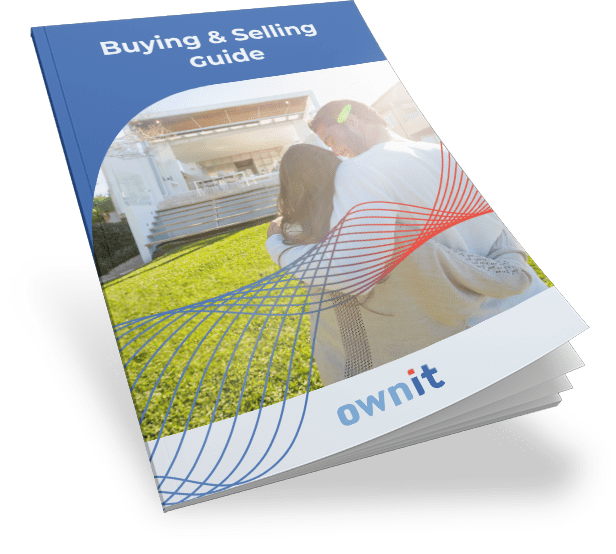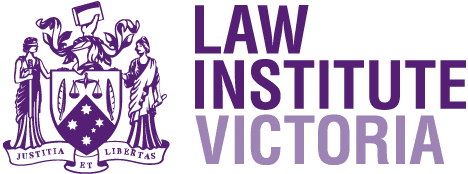Frequently Asked Questions
Are you unsure about anything in the conveyancing process? Take some time to view our frequently asked questions below.
When speaking of a conveyance, this is the process of transferring the property into the name of the new registered owner and all the tasks associated with that.
A conveyancer is a property transfer specialist. They prepare the legal documents that form part of real estate transactions such as the purchase and sale of properties, settlements and title transfers.
The simple answer to this question is no, you don’t need a lawyer. However, Ownit has experienced property lawyers and expert conveyancers to help you with all your conveyancing needs.
We believe a good conveyancer should put their customers first! That includes providing sound legal advice, without the confusing legal jargon, regular updates on the status of your contract, and a seamless, stress-free service.
When you select Ownit it to represent you during your property purchase or sale, our team of dedicated conveyancers and lawyers will prepare the necessary documentation, organise settlement and provide you with legal assistance regarding your rights and obligations.
You can purchase conveyancing kits online; however common property transactions can be complex, and you may run into legal trouble if things aren’t done correctly. This is why it’s important to use a quality conveyancer.
Ownit has been helping people interstate or overseas buy and sell property for over 40 years! In recent times though, this has been made easier with the use of email and televisual communication.
When you purchase a residential property, you generally have a 5 business day cooling off period. During this time, the Buyers may choose not to proceed with the contract without any reason other than a simple change of mind. This is not always available (such as purchases at an auction) but if used, a penalty of a quarter of a percent of the purchase price is imposed.
Transfer duty is a state government tax applied to the transfer (along with other dealings) in property sale and purchase and is calculated with reference to the purchase price. There are concessions or exemptions available that you may qualify for and we will assist you in identifying those and advising you of your obligations.
Transfer documents are now generally lodged electronically and register almost immediately. Where you have a financier, confirmation of this is provided to that financier and can be obtained from them.
Property information needed to complete the conveyance is held by many different entities and searches are performed to obtain or verify this information. A title search for example is to verify the registered owner of the property and whether there are any encumbrances on the title. Other searches may be performed with Council or the Body Corporate in order to complete adjustments to the purchase price and ensure that there are not large sums of money owed.
If you are selling property, we recommend you maintain home insurance right up until the time of settlement.
Things can (and sometimes do) go wrong between signing the contract and final settlement. A current home insurance policy can protect you against all sorts of accidental damage and legal liability.
We also strongly recommend you insure property you are buying as soon as you sign the contract because the Contract of Sale might specify that the property becomes your risk from the contract date.
This protects you in the event the seller does not have any or enough insurance in place to protect the property in the event of damage. If you need a loan to purchase the property, your financier will usually insist that the property is insured with their interest noted on the insurance policy prior to settlement.
If buying or selling property was a marathon, think of the settlement as the finish line. Settlement is the part where legal possession of land or property is transferred from one owner to another.
Generally, settlements take either 30 or 60 days according to the terms set out in the Contract of Sale. If all parties agree, longer or shorter settlement terms can be arranged.
This is a point of negotiation between the Buyer and the Seller though the usual period differs from state to state (30 days in Queensland for example).
On the settlement date, the purchaser (or their bank) will exchange payment in return for various requirements (entitling them to become the registered owner of the property). Then the keys can be received.
This is a simple question but the circumstances that have led to that situation will determine the advice and options available. This is the benefit of having the experienced conveyancing team here at Ownit to guide you through and hopefully avoid this situation entirely or advise you if it is unavoidable.
When purchasing property, it is worthwhile having a professional perform inspections of the property and report to you their findings. The cost of this varies, though the peace of mind provided is priceless. Any transfer of property attracts government charges such as transfer duty and registration fees, which vary in their amounts based on the purchase price.
Fees are generally paid on settlement.
Whether you are buying or selling property, our services are set at a fixed price.
The only cost variable relates to disbursements.
We don’t want you to be worried about the word ‘disbursements’ – it’s just an everyday legal term used to describe out of pocket expenses and all property transactions in Australia will incur some of these.
We’ll always be upfront about your conveyancing costs, so as soon as you ask us to help you, we can provide you with an estimate of how much your disbursements are likely to be.
These out of pocket costs all depend on the type of property you have bought or sold and where that property is located.
Some additional outlays can include searches, verification of your identity, government fees such as transfer duty and registration fees and the PEXA settlement fee. Give us a call on 1300 553 750 if you have any questions.


